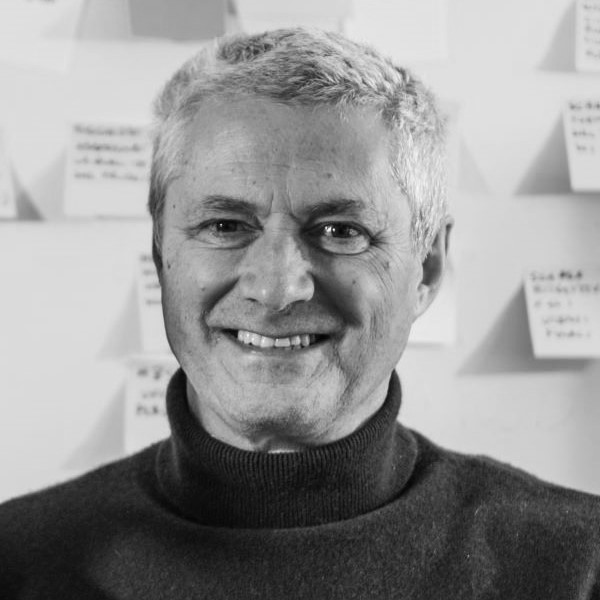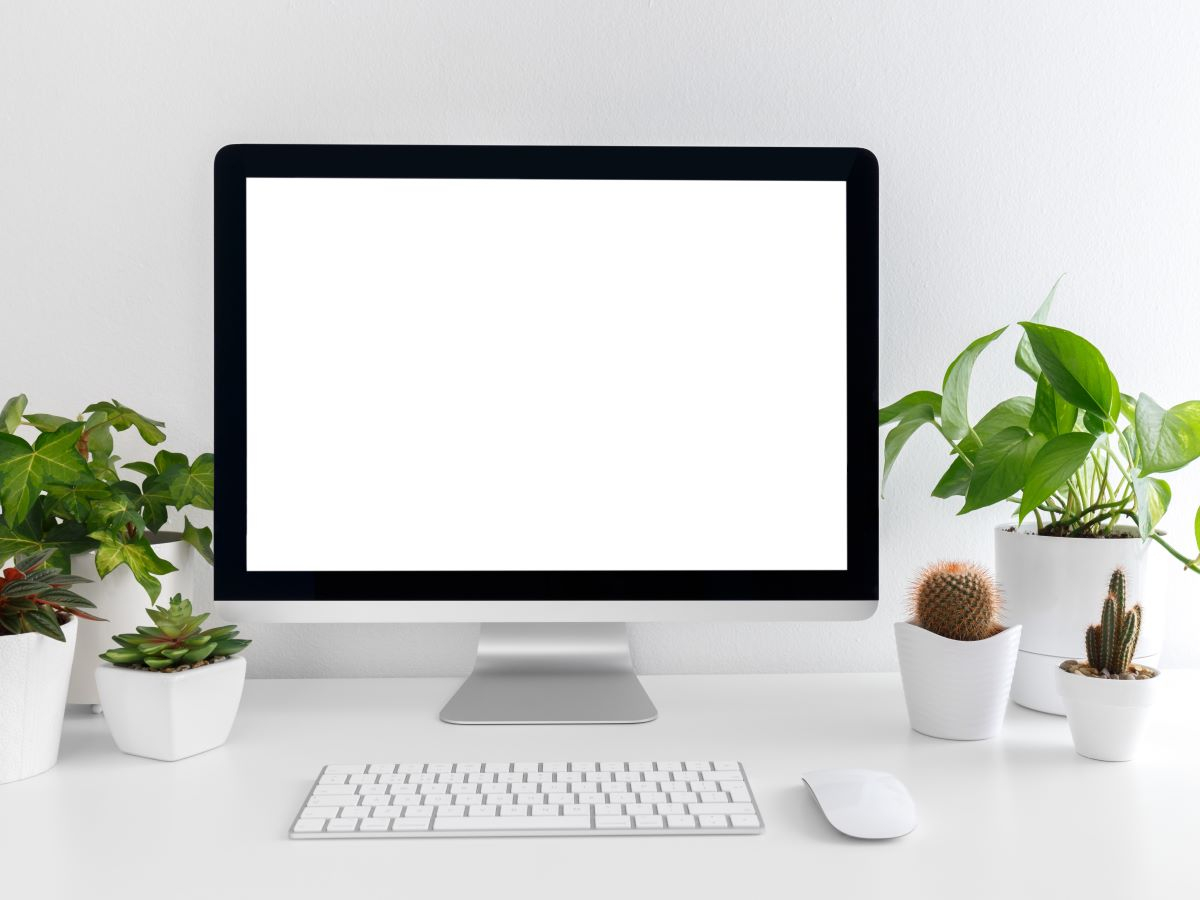This article is also available in Italian / Questo articolo è disponibile anche in italiano
Much of what we read in the digital media concerns Artificial Intelligence, the relationship between man and machine, the ethics of algorithms... discussions that are often interesting, almost always academic, and sometimes distracting. The point of view of the Sloweb Association − which has been promoting the annual Digital Ethics Forum (DEF) event since 2019 − is different, because our mission is to "promote the responsible use of IT tools, the web and Internet applications through activities of information, education and fight against improper use by organizations of all kinds". Therefore, we have a posture of critical enthusiasm: lucid, not fanatical, nor unfaithful.
At Sloweb we are therefore not so much interested in discussing "if AI will prevail over human intelligence", but rather in defending and developing − indeed preventing it from regressing due to the misuse of digital techs − the human intelligence. We want the ecological and digital transitions to progress, but that the digital environment also be ecological, sustainable and human. If this were not the case, the bad values promoted with the misuse of digital tools will indeed compromise the ecological transition itself.
All this is not new, but it's very fast, because of the strong hyper capitalism wind that has been blowing across the entire world for decades, including in China. As with any other technology − the car, the TV or nuclear energy − the first phase of digital technologies brought to a commercial level sees the uncritical adhesion of large masses. Then first accidents appear, risks become more evident… then the growing awareness of a few people, followed by the critical action of pioneers, sometimes accompanied by new norms and rules that arise first from the largest and most exposed companies that have an impact. Progressively the balance between the offer of “new” services and the demand for "good" services reaches a fairer equilibrium.
At full rein, without collective awareness, the industry would never hesitate or stop, and would keep trying too quickly to bring poorly made or dangerous products to the market or would bring prototypes just rough-hewn in the workshop, which no one has tested, much less approved. For example, no one tested the impact of TikTok and its promises of hyper-performance on teenagers before “allowing” its use (no one thought they should be “allowed to”). In the past, the raising collective conscience − combined with independent scientific research − led to a new ethic status, followed then by rules for the protection of public health and the environment, by processes of public participation. Today we take those processes for granted when it comes to an energy structure or a transportation infrastructure, but we do not seem to think that they are needed for digital services. Yet the digital environment is a strategic and essential infrastructure.
Every action in our day requires the use of a smartphone, but that tool is manufactured by private monopolies, according to criteria that are functional to them. The result: it's a data pump that leaves us exhausted at the end of the day. How did we come to accept all this, to allow the idea that digital is ecological in itself, and inevitably progressive? The readers of this magazine are well aware of what can and must be done for a good energy and ecological transition. So, let's look at some concrete examples together on how to transpose that experience to ensure that the digital transition is also ecological, taking up from the activities we talk about at DEF and practice with the Association.
The plastic business card
No one today would dare carry plastic business cards, and yet the websites of our companies are the equivalent to this, because they consume resources − energy and time − without any thought for their maximum reduction. Even today, the newer the websites, the more they consume, as happened with cars seventy years ago. Instead, the World Wide Web Consortium (W3C) guidelines are being released to create sustainable web sites and services, for a digital, let's say we who supported Slow Food and the right to grow clean and eat right and well, "organic" environment. We'll talk about it at the next DEF.
Truly involve the important stakeholders
No road today would be designed without taking its environmental impact into full consideration. The Terra stakeholder is silent, but must be made to "speak"... Yet, which web developer, which chip manufacturer, are guided today primarily by consuming less energy and raw materials, instead of by profit? The obscene idea of e-commerce "free returns" is there in front of us, offending the Earth.
Separate waste collection
Again, none of us today would cram thousands of empty, dusty glass bottles into our homes, much less throw them away with organics. Yet we do this with photographs and videos on our smartphones, or when we send an attachment to an email with ten recipients instead using a link. We are not used to thinking and we behave with data as if it was not precious and expensive raw materials. For years at Sloweb we have tried to practice and educate ourselves on the ecological use of digital data. There is a lot to gain: time, attention, energy and money. If we produce a lot of data, we require many data centers, we consume land, water, air, raw materials for noisy and fragile buildings crammed with nothing of value. Landfills, in fact, not data centers.
Consumerism or sobriety
In the field of food consumption or mobility and in other fields, we have adopted more sober behaviors than in the past, with beneficial effects also on savings. The digital environment, on the other hand, seems immune. Perhaps in the collective imagination it is seen as the area in which one can finally "sin" without consequences: it's all ethereal, it's all free, what harm could I do? We do not repeat what has already been said above. We want to point out that even in digital this holds: you do not let waste surround you, you are more in control of your life and your destiny. One day you will leave for posterity what matters and can be learned… not three terabytes of "stuff" that no one will ever have time to watch. Not our own egotistic piles of Waste, but our few, selected and ordered memories.
New rules for a more just society
For many centuries the community has controlled essential resources like water, grain, and strategic infrastructures through the public administration, so that, for example, the market mushrooms have been seen at dawn by the Hygiene officials, before customers hurried to markets. This did not happen for Sam Altman or Mark Zuckerberg, who were able instead to set our tables with very indigestible food.
All indispensable digital services and products should be subjected to preventive evaluation, like every infrastructure and every industrial product. From now on, it’s time to change. We are referring to a concept already expressed in bits here and there in some of the EU regulations (GDPR, AI Act), but which has not yet been accepted by a comprehensive regulation for a real "Digital Impact Assessment" procedure, which would help real progress, and allow the best services to emerge against the worst. Today in Europe the issue is really not the question of giving the "free all" hoped for by Draghi and new hypercapitalists, rather it is a question of getting back on the right course.
Create a sustainable digital industry in Europe, to break monopolies
Speaking of direction, at the DEF we have already discussed the need for the public sector to intervene in Europe to support a sustainable digital industry that challenges Chinese and American monopolies, as did the Airbus Consortium which after a few decades has significantly overtaken Boeing, having taken a more far-sighted, "durable", i.e. sustainable, perspective. It was done in industry at the time of the highest technological level: if you want, we can do it in the digital arena today, too.
Image: Envato



